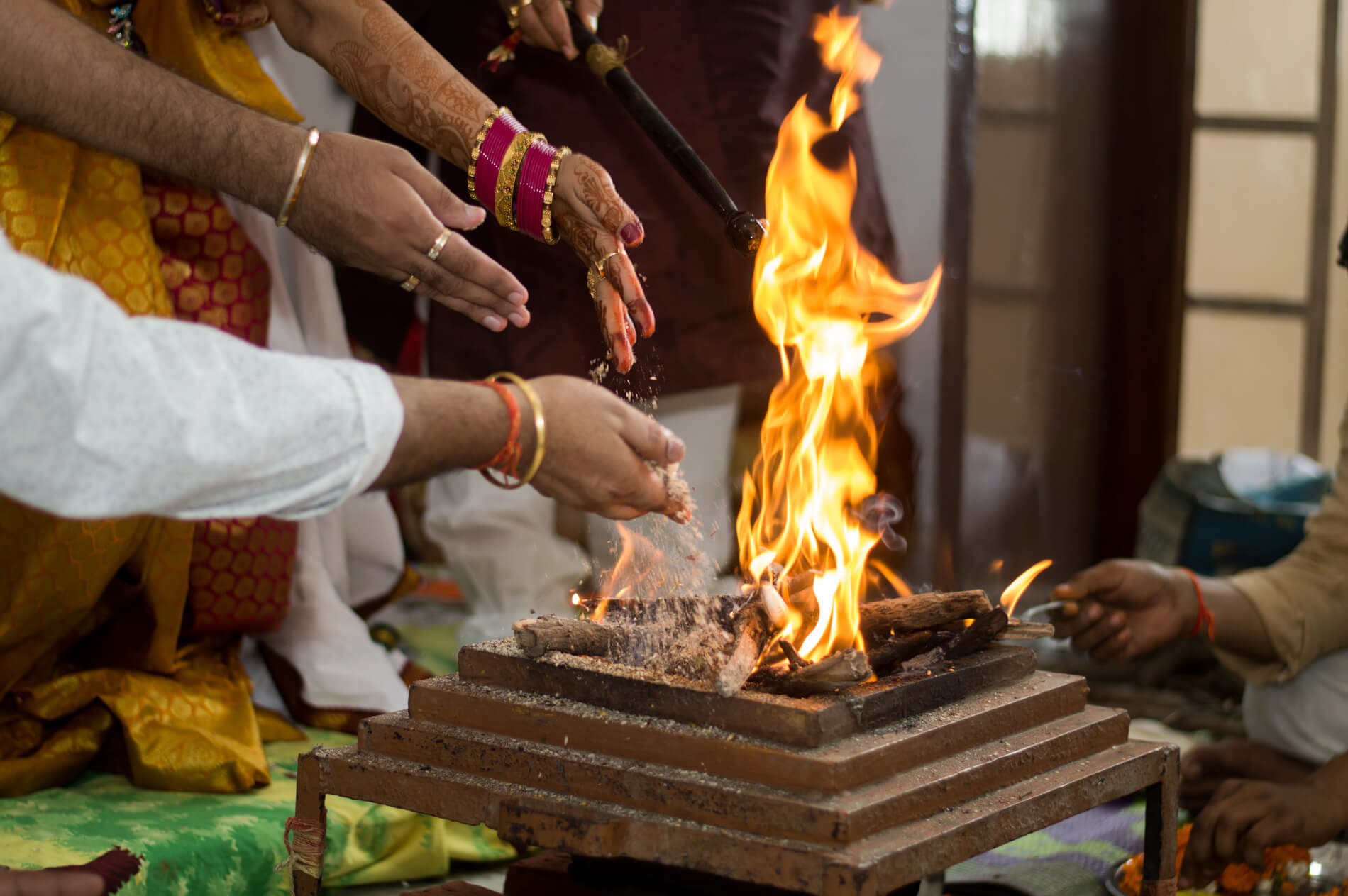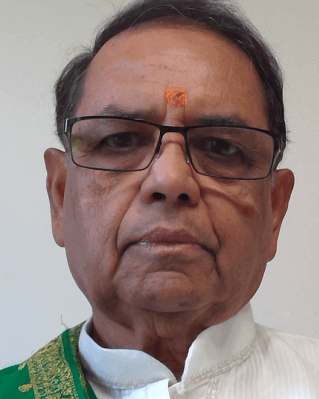
New in Fall 2023: Discover Dharma - A Study Tour in India Express interest here
New in Fall 2023: Gita Pariksha Test
Annual Giving Campaign - 2023-2024 is under way. Donate today by Clicking Here, and help us reach our goal.
So far, $236884 has been raised out of a target of $ 5 Million. Click Here to donate today and help us reach our goal.










